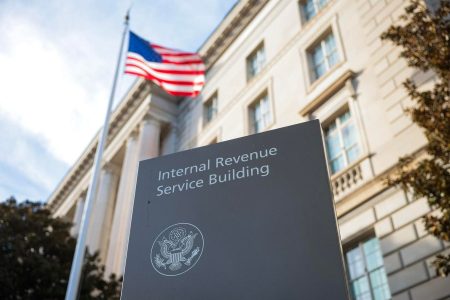The tragic shooting of UnitedHealthcare CEO Brian Thompson has ignited discussions surrounding executive protection, particularly within the context of publicly traded companies. Surprisingly, only a fraction of these companies currently provide personal security for their executives, a situation largely influenced by the intricate interplay of cost, tax implications, and regulatory disclosure requirements. The cost of security services can be substantial, and the tax treatment of these expenses varies depending on several factors, including the nature of the security provided, the existence of a formal security study, and the executive’s overall compensation package. Furthermore, public companies must navigate the SEC’s mandate to disclose the value of executive perquisites, including security services, which adds another layer of complexity to the decision-making process.
The tax treatment of security expenses for executives can be counterintuitive. For example, a self-employed individual might find it easier to deduct a portion of their home security costs if their home is also used for business purposes. Similarly, a high-profile celebrity like Taylor Swift could likely write off the cost of their security detail as an ordinary and necessary business expense. However, for some CEOs of public companies, securing favorable tax treatment for personal security can be more challenging due to stricter IRS regulations and SEC reporting requirements. This disparity stems from the IRS’s focus on distinguishing between legitimate security needs and lavish perks, a distinction crucial for determining tax deductibility.
For public companies, the SEC’s requirements add a layer of scrutiny to the provision of security services. The SEC considers these services as reportable compensation and mandates disclosure of the executive’s identity, the nature of the security arrangements, and the associated costs. This transparency is exemplified by Apple’s disclosure of security spending for CEO Tim Cook, which includes personal security details and private air travel justified by his high-visibility role and global profile. This public disclosure serves as a reminder of the complex balancing act companies must perform between ensuring executive safety and managing public perception of executive compensation.
The IRS, while aligned with the SEC on some aspects of executive compensation, adopts a more nuanced approach to security expenses. The IRS recognizes that certain security measures, including home security systems, bodyguards, and private transportation, can be legitimate business expenses if they address bona fide security concerns. Crucially, these measures must be implemented as part of a comprehensive security plan developed following an independent security study. This requirement aims to ensure the legitimacy of the security needs and prevent the misuse of tax deductions for personal expenses disguised as security measures. Furthermore, the 2017 Tax Cuts and Jobs Act, while eliminating the deductibility of most employee commuting expenses, preserved an exception for security-related transportation, underscoring the IRS’s acknowledgment of legitimate security needs.
Corporate jet usage represents a particularly sensitive area within the realm of executive security. The high cost of owning and operating private jets, coupled with their potential for personal use, has made them a target of scrutiny. The IRS has even initiated audits targeting the personal use of business aircraft, highlighting the agency’s efforts to curb potential tax abuses. While companies can deduct expenses related to the business use of corporate jets, personal use remains a taxable benefit for the executive, albeit at a rate often lower than the actual cost. This disparity creates a situation where companies effectively subsidize executives’ personal travel, especially in the absence of a demonstrable security need.
For individuals outside the corporate world, the deductibility of security expenses is more straightforward. Home security system costs can be partially deductible if the home is also used for business, proportionate to the business use percentage. Similarly, security systems installed in commercial properties are generally deductible as a business expense. However, expenses for personal security measures, such as guard dogs, are deductible only if their primary purpose is demonstrably for security rather than personal companionship. The IRS emphasizes the “ordinary and necessary” requirement for business expense deductions, meaning the expense must be both common within the industry and directly related to the business. This principle applies equally to personal security details, which are deductible only if the nature of the business, such as for high-profile individuals facing credible threats, necessitates such protection. Ultimately, while tax considerations are important, personal safety should be the primary driver in decisions regarding security measures.










